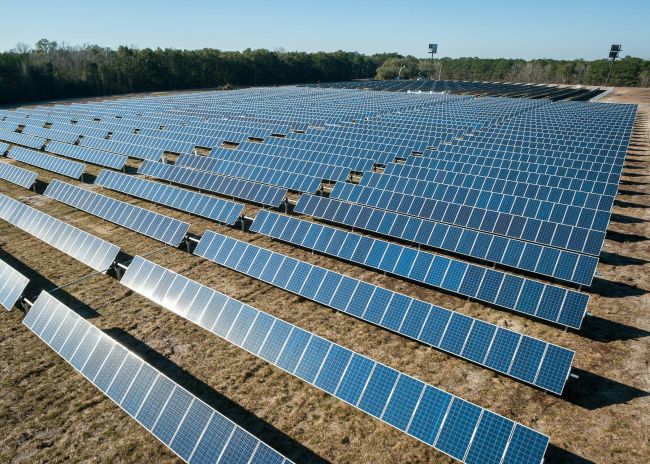Perspectives on FAA Reauthorization: Creating a Sustainable Funding Model
On September 30, 2023, the authority for the Federal Aviation Administration (FAA) and its programs will expire.

On September 30, 2023, the authority for the Federal Aviation Administration (FAA) and its programs will expire. Since the last authorization, the industry has experienced record growth, then (in March 2020) ground to a near halt with the unfolding of the pandemic; today fortunately a reshaped industry is now poised to recover to pre-pandemic traffic levels.
The post-pandemic strong recovery of the U.S. aviation industry has been enabled by our strong domestic airline market combined with tens of billions of dollars of general fund (or taxpayer) support to airlines, airports and aviation-related businesses. At the same time, between March 2020 and January 2021, U.S. airlines and other users were provided financial relief from paying the excise taxes that generate the revenues that help fund the FAA programs, including air traffic and airports. All told, the domestic market together with the subsidies and benefits, helped to propel the U.S. industry to a leading position in the global industry. Airline profitability has returned.
Headwinds are lurking, however. With continuing concerns about inflation and the nation's debt, public subsidies are unlikely to continue anywhere near the levels of the last two years. That raises the question of how the industry will be funded starting on October 1, 2023 (the first day of Fiscal Year 2024). Pre-pandemic, about 80% of the industry was annually funded through user fees collected on the variety of passenger, general aviation and cargo users of the aviation system (FAA Airport and Airway Trust Fund); the remaining balance (+/- 20%) was funded by taxpayers. That formula, absent continuing subsidies, will not provide the nearly $19 billion required for the FAA budget.
Several possible paths to address this issue may be considered by policymakers:
- Avoid the problem and roll-over the existing authorization: with the Trust Fund short of industry revenues, one option would be to leave it to a divided Congress to come to an agreement each year on funding, providing sufficient general fund support to backfill the Trust Fund shortfall. As a reminder, in the last decade, during a similar time of political division, a series of short-term extensions resulted in several work stoppages at the FAA, creating chaos in the nation's skies and airports. This scenario is obviously something the industry does not want to repeat.
- Fix the current system: the current system of taxes and fees has not been structurally adjusted for over a quarter century; this at a time when we have new users poised to enter the system (e.g., e-VTOLs) and when the ultra low cost carrier (ULCC) business model has transformed itself to avoid taxes by shifting away from all-in ticket prices to unbundling fares and replacing that revenue with ancillary fees. Globally, and increasingly in the U.S., these fees including booking and baggage fees, have grown into a cottage industry and are expanding into new areas allowing airlines to further shift revenue away from the base fare (How airlines can boost ancillary revenues). While offered under the guise of consumer choice, these practices avoid fees such as the 7.5% excise tax imposed on tickets. The result is that airlines such as Southwest, which collects its revenue largely through the ticket, bear a disproportionate and unfair burden for the Trust Fund and the air traffic and airport services it provides. Such practices by the ULCCs, and to a lesser degree by the legacy carriers, result in a significant loss to the Trust Fund every year further imperiling its financial position (OIG Report).
- Implement structural reform: the FAA knows exactly what it costs to provide air traffic services to its users. Unfortunately that information has not been widely shared and has not been used to restructure the charges placed on its users. A user-fee structure could bring more financial stability to air traffic services and provide the wherewithal for greater and more predictable capital investment, something that both many users demand and that has proven successful in several other nations, including Canada and the United Kingdom. Over the last 20 years, several efforts at significant reform have been tried but have been unsuccessful. With the Trust Fund instability, new users entering the system and with the transformation of the commercial airline industry, now may be the time to finally get on with it. Such structural reform will be the focus of a follow-up article.























